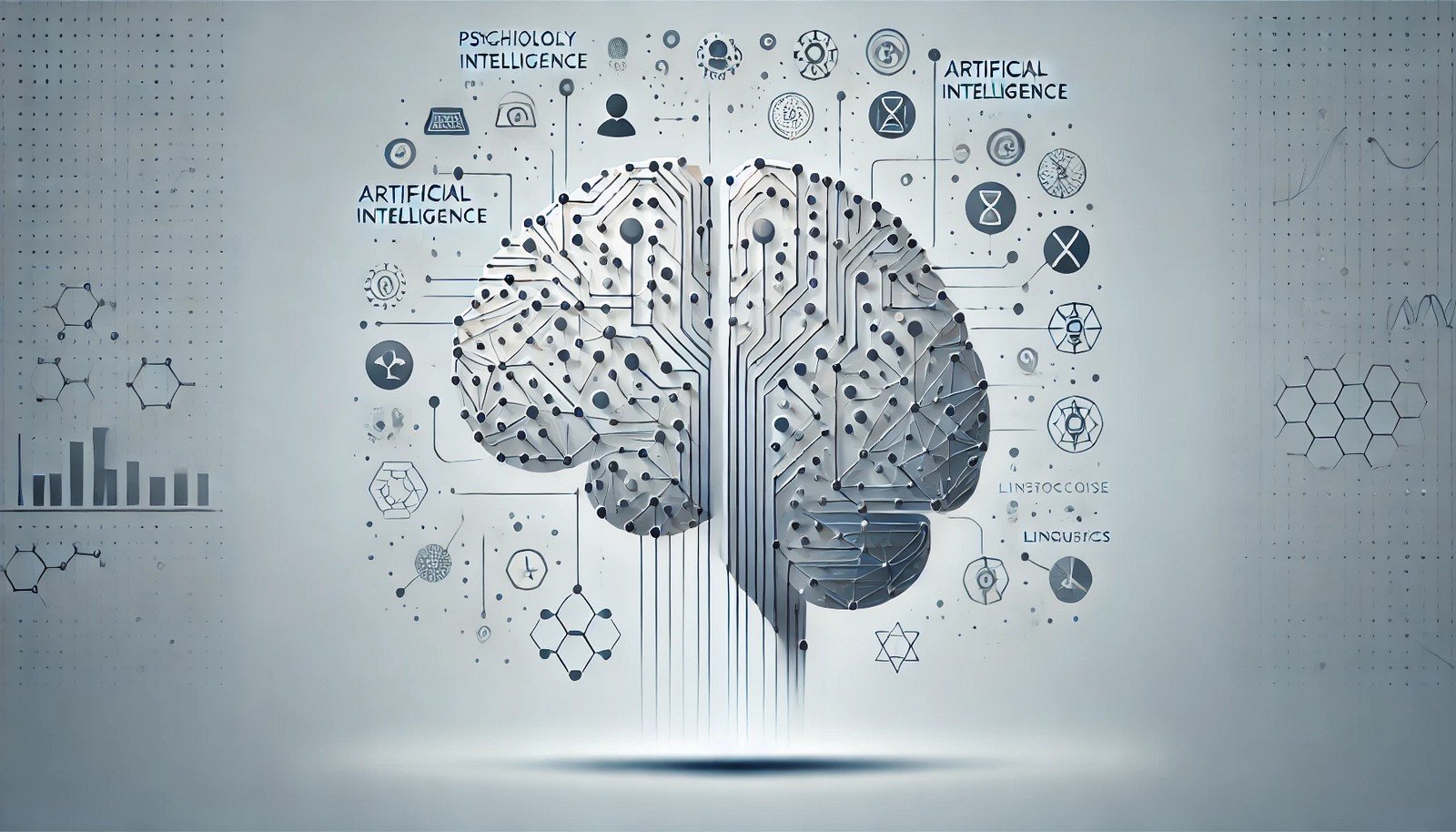Cognitive Science

Quick Navigation:
- Cognitive Science Definition
- Cognitive Science Explained Easy
- Cognitive Science Origin
- Cognitive Science Etymology
- Cognitive Science Usage Trends
- Cognitive Science Usage
- Cognitive Science Examples in Context
- Cognitive Science FAQ
- Cognitive Science Related Words
Cognitive Science Definition
Cognitive Science is an interdisciplinary field that studies the mind and intelligence, encompassing aspects of psychology, neuroscience, artificial intelligence, philosophy, linguistics, anthropology, and education. It seeks to understand how the mind processes information, solves problems, perceives the world, learns new things, and communicates. Researchers in this field analyze mental functions, such as perception, memory, language, and reasoning, often using computational models and experimental methods to uncover how thought processes work and how these processes can be replicated or improved through AI.
Cognitive Science Explained Easy
Imagine your brain is like a super-smart computer. Cognitive Science is all about understanding how that "computer" works. It’s like studying how you learn things, remember stuff, see things, and talk to people. Scientists study this to figure out how we think, remember, or learn new things, and they also use these ideas to make smart robots and computers.
Cognitive Science Origin
Cognitive Science emerged as a distinct field in the 1950s and 1960s, influenced by developments in psychology, computer science, and linguistics. The formal study of cognition became more prominent as researchers recognized the potential of understanding the mind through computational models, thus paving the way for artificial intelligence. The field grew with the establishment of journals, conferences, and academic programs focused on cognitive processes and their implications for AI.
Cognitive Science Etymology
The term “cognitive” is derived from the Latin word cognoscere, meaning “to know” or “to recognize.” The term “science” originates from the Latin word scientia, meaning “knowledge.”
Cognitive Science Usage Trends
Over recent decades, the term "Cognitive Science" has seen increased popularity as advances in AI and machine learning have led to a renewed focus on understanding human cognition to develop intelligent systems. Universities worldwide now offer specialized programs in Cognitive Science, and the field is often featured in discussions on AI, neurotechnology, and educational psychology.
Cognitive Science Usage
- Formal/Technical Tagging: Cognitive psychology, Artificial Intelligence, Neuroscience, Information processing
- Typical Collocations: "cognitive science research," "cognitive model," "cognitive scientist," "cognitive processing"
Cognitive Science Examples in Context
"The cognitive science department at the university has been developing new ways to model human decision-making using AI algorithms."
"Cognitive science provides a foundation for understanding how language is processed in the brain, which is vital for creating effective AI language models."
"Her background in cognitive science helps her develop more intuitive user interfaces that align with human thought processes."
Cognitive Science FAQ
- What is Cognitive Science?
Cognitive Science is the study of the mind, combining fields like psychology, AI, and neuroscience to understand human thought. - Why is Cognitive Science important?
It helps us understand human thinking and decision-making, which can improve technology like AI. - How does Cognitive Science relate to Artificial Intelligence?
Cognitive Science provides insights into how human brains work, which is useful for creating smarter AI systems. - Who can study Cognitive Science?
Students with interests in psychology, AI, neuroscience, and related fields. - What are the main areas of Cognitive Science?
Perception, memory, language, reasoning, and learning. - What jobs can you get with a degree in Cognitive Science?
Jobs in AI development, user experience design, and academic research. - Is Cognitive Science related to psychology?
Yes, psychology is a core part of Cognitive Science, especially in understanding mental processes. - What is a cognitive model?
A representation or simulation of human thought processes used to understand or predict behavior. - How is neuroscience related to Cognitive Science?
Neuroscience studies the brain's physical structure, which is crucial for understanding cognition. - Can Cognitive Science help in creating better AI?
Yes, by providing a deeper understanding of how humans think, Cognitive Science helps improve AI development.
Cognitive Science Related Words
- Categories/Topics: Artificial Intelligence, Cognitive Neuroscience, Human-Computer Interaction, Psycholinguistics
- Word Families: cognition, cognitive, cognitively, recognize
Did you know?
In 1978, the first Cognitive Science Society was founded, marking a milestone in the collaboration between psychologists, AI experts, and neuroscientists. This led to rapid advances in understanding cognition and paved the way for more sophisticated AI systems.
PicDictionary.com is an online dictionary in pictures. If you have questions or suggestions, please reach out to us on WhatsApp or Twitter.Authors | Arjun Vishnu | @ArjunAndVishnu

I am Vishnu. I like AI, Linux, Single Board Computers, and Cloud Computing. I create the web & video content, and I also write for popular websites.
My younger brother, Arjun handles image & video editing. Together, we run a YouTube Channel that's focused on reviewing gadgets and explaining technology.



Comments powered by CComment